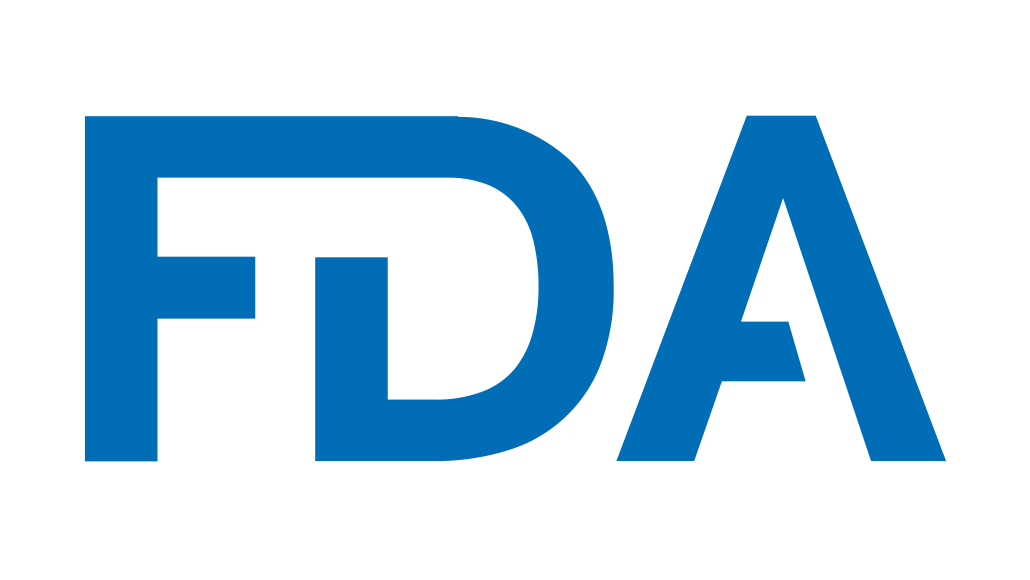Johnson & Johnson announced that the U.S. Food and Drug Administration (FDA) has granted approval for CAPLYTA (lumateperone) to be used as an adjunctive therapy alongside antidepressants in treating major depressive disorder (MDD) among adults. This marks the first FDA approval under J&J’s leadership since acquiring Intra-Cellular Therapies. The decision introduces a new treatment option aimed at helping patients reach remission. CAPLYTA can be started immediately without titration and has shown a side effect profile, including weight gain and metabolic changes, comparable to placebo. With this development, CAPLYTA now holds four FDA-approved indications, including use for bipolar I and II depression and schizophrenia in adults, both as monotherapy and adjunctive therapy.
MDD, or clinical depression, affects about 22 million adults in the United States. Antidepressants are often the first line of treatment, but roughly two out of three patients still struggle with lingering symptoms that can take a toll on their daily lives. The condition is also the nation’s leading cause of disability and adds a heavy burden to healthcare systems and workplace productivity.
Roger S. McIntyre, M.D., FRCPC, Professor of Psychiatry and Pharmacology, University of Toronto, said, “For people who are still experiencing lingering depressive symptoms while on an antidepressant, adding CAPLYTA® to a patient’s treatment regimen may offer early improvement, with the potential for remission—the ultimate goal of treatment.”
The FDA’s approval for CAPLYTA is supported by data from two Phase 3 global, double-blind, placebo-controlled studies, Study 501 and Study 502, which both achieved their primary and key secondary endpoints. CAPLYTA produced clear and meaningful improvements in depression symptoms compared with placebo, according to results measured by the Montgomery-Asberg Depression Rating Scale (MADRS) and the Clinical Global Impression Scale-Severity index (CGI-S). In Study 501, the treatment showed a -4.9 point difference in MADRS scores versus placebo (effect size 0.61), and in Study 502, a -4.5 point difference (effect size 0.56) after six weeks. Signs of improvement appeared early — within one week in Study 501 and two weeks in Study 502.
Across its pivotal studies, CAPLYTA showed a safety profile consistent with earlier findings in schizophrenia and bipolar depression. Researchers reported no new safety concerns, and rates of metabolic changes, akathisia, and restlessness were comparable to placebo. The most common side effects were sleepiness, dizziness, nausea, dry mouth, fatigue, and diarrhea. Results from the 503 open-label extension safety study supported these outcomes, showing the drug was well tolerated over a 26-week period. In that study, 80% of patients responded to treatment and 65% achieved remission (MADRS ≤ 10).
Although its exact mechanism of action remains unclear, CAPLYTA® is known for high serotonin 5-HT2A receptor occupancy and moderate dopamine D2 receptor occupancy at therapeutic doses. The medication does not require titration and can be administered at an effective dose of 42 mg.
The new approval strengthens CAPLYTA’s established reputation for clinical efficacy and safety in treating adults with schizophrenia and depressive episodes linked to bipolar I or II disorder. A supplemental New Drug Application (sNDA) has also been submitted to the FDA to evaluate its long-term efficacy in preventing relapse among schizophrenia patients. CAPLYTA is currently being studied for several other neuropsychiatric and neurological disorders, though it is not yet FDA-approved for those indications.























